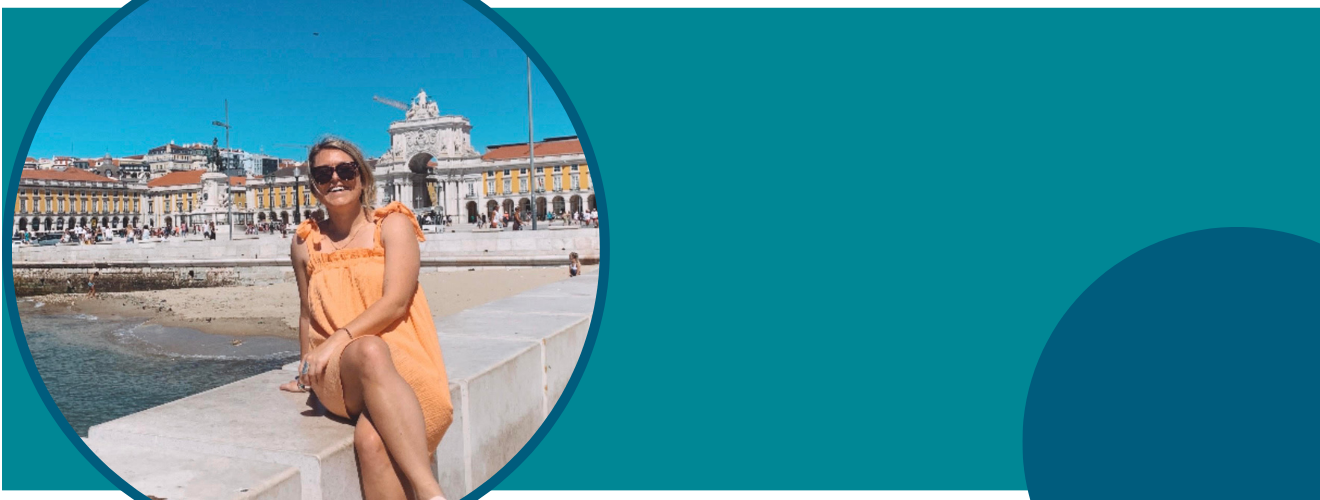My experience of authenticity

With Zanthea Chulio, Senior Engagement Consultant.
In the words of Simon Sinek, an American inspirational speaker:
“Authenticity is when you say and do the things you actually believe.”
Being authentic in community engagement will require a generation of practitioners to stand for and celebrate truth, transparency and accountability in their work and ultimately themselves. Ironically, these values can not be taught in textbooks or at a conference but rather through personal experience. It is becoming clear that now is the time for a renewal in what matters in infrastructure projects. And it starts with us.
A virtuous career in community engagement may seem far off to some. It certainly did for me. I felt fatigued. I wasn’t passionate about the work day. I felt myself disengaged in meetings. The malaise was hard to shake. But once I realised that I was unable to find meaning in my role without first reflecting on what I valued, seeking and following my truth both professionally and personally became much easier.
I began to reshape the way I lived, how I ate, what I watched, who I spent time with and what I would accept. Creating these boundaries allowed me to find the authenticity I had been searching for. When they were tested, I revisited what was important to me which in turn reaffirmed what I valued. I was able to prioritise myself through carving time alone, dancing, laughing with friends, walking my dog, reading, cooking (and eating) a meal made with love. It was all there for me, I just had to listen to the quiet whispers and do the things I actually believed. I checked in and asked myself: Did that feel good or not? Why?
What I noticed was the current paradigm was not working for me. I held resistance and lacked joy at the task of one way information sharing. For me, it felt like an old way of being. I wanted to shed this skin and be in the world as my self enquiry had shown me that travel, adventure, nature, wisdom and spirituality were important to me. Subsequently, I booked a one way ticket to Europe and I am writing this from a yoga retreat in the central mountains of Portugal.
After two weeks of solo travel, I can say this has been the best thing I’ve done for myself in a long time. I valued myself enough to gift myself time. The one commodity we can’t get back. I had to face my fear of leaving my environment that kept me safe the last few years. About being alone on the other side of the world. Yet, I kept revisiting my values and what I was seeking more of in my daily life and I couldn’t deny that I was being led elsewhere. I chose to feel the fear and do it anyway.
As I reflect on the last twelve years in community engagement, I wanted to share my insights on how this individual approach of authenticity can be linked and applied to the collective. My main observation is the industry is being dictated by the fear of community backlash rather than the celebration of community empowerment. I believe we can flip this by incorporating social research and data at the initial strategic phases of investment allocation.
At the moment, social impact and community engagement are undertaken at the submission phase of a business case. This is after the proposal has passed through the second stage of generating and selecting solution options. If we could gain an understanding of the impacted community before we reach this stage, there is a greater likelihood that co-creation of outcomes can occur. It also helps build trust and reduce fear internally as an assessment of potential and actual impacts are gained early and thus socialised and costed based on proactive interactions rather than assumptions which could result in showstoppers later. What are the values that underpin the community and how do they interplay with the project need?
I would like to show you what I mean by this. For example, a proposal is developed to address an urgent need for upgraded water infrastructure to service a growing population in a regional area. By understanding the population in this scenario rather than just the infrastructure, we can gain clarity on how it’s used now and some strong likelihoods into its optimal uses in the future. It could enhance or disprove some solutions before progressing to the next investment stage. I liken it to beta testing in human design thinking. It isn’t a certainty so expectations are managed through being upfront of the unknown. This is the problem, and these are the ideas subject matter expects have come up with, now show us how it will work on a human level. We invite the community to participate in the various stages of the business case process. This in itself is empathetic, empowering, educational and transparent.
As I continue to ponder where my skillset best fits in, I am grateful to have learnt and practised the foundations of community and stakeholder engagement through IAP2 Australasia. I feel ready to be a way-shower in best practice wherever I end up. I believe many practitioners are naturally drawn to this profession as they are empaths, visionaries and conscious of both themselves and others. So now is time to ask yourself – what is important to me? Can I carve out more time and commit to what lights me up? Because what you do matters and it could lead you somewhere beyond your wildest dreams. And from this place, magic happens and that brings celebration, blessings and compassion. Our world needs more of this.
Ciao from Portugal!
